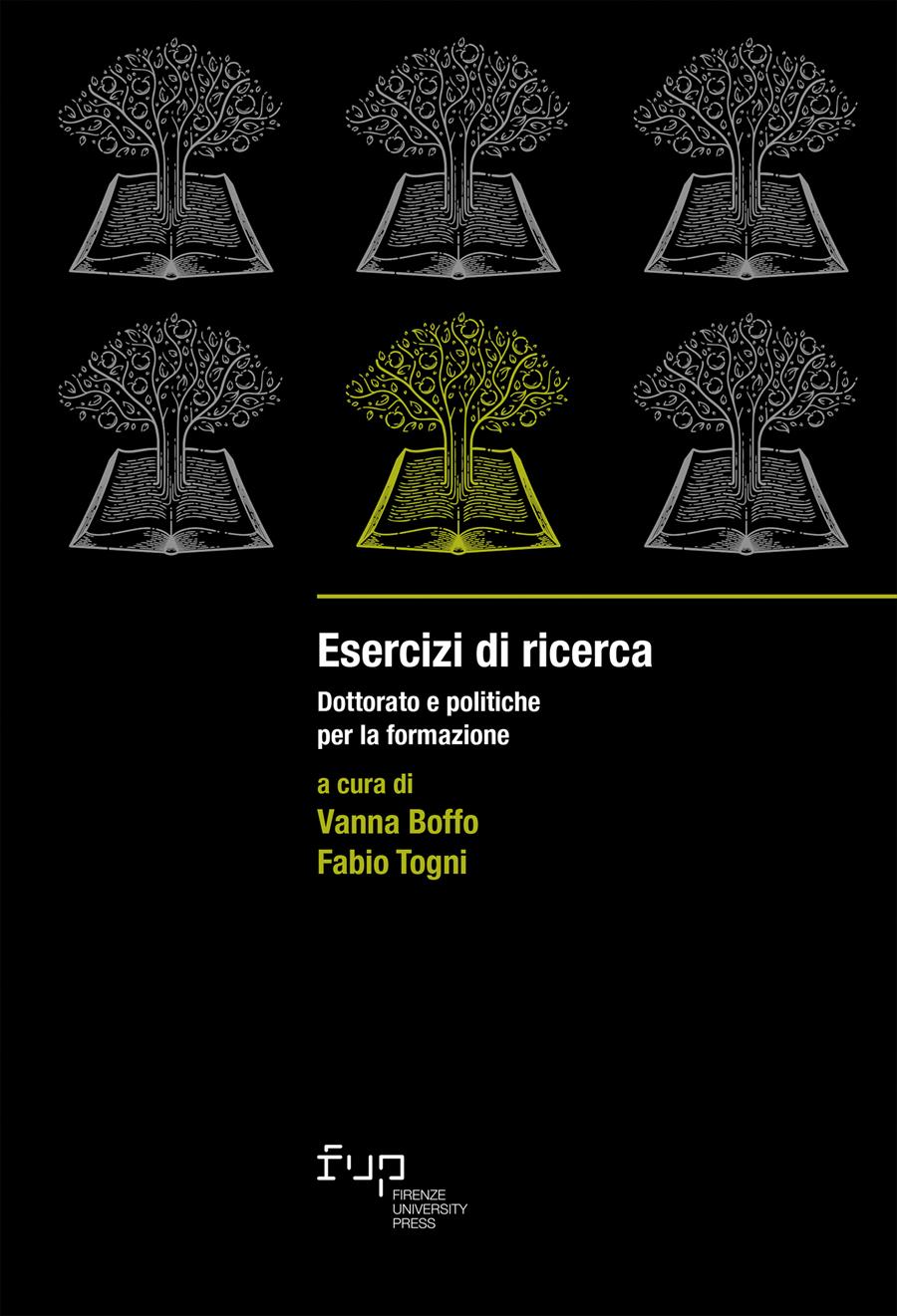- Esercizi di ricerca
- Edited by Vanna Boffo, Fabio Togni
L’impatto del Service-Learning su docenti e educatori
- Mikol Kulberg Taub
- © 2022 Author(s) |
- CC BY 4.0
- DOI: 10.36253/979-12-215-0081-3.27
The poster describes the first phase of a research on the impact of Service-Learning on in-service and future teachers and educators, as mentioned in the research questions. This study started with a literacy review about Service-Learning, in both national and international framework. The Italian way of Service-Learning has been further investigated, using the work of Don Milani as a cultural reference. The research continued with an analysis of the normative and national literature about this approach. It is followed by a systematic review concerning the research questions, making use of Prisma statement. Four different databases were used for the investigation. As result of using a list of inclusion/exclusion criteria, 60 studies were eligible for full text analysis. The results underlined a lack of studies focusing on the Italian context, and a strong unbalance between studies concerning in-service teachers and pre-teachers. Results will orient the empiric part of the research for future steps.
- Keywords:
- Impact,
- Personal Skills,
- Professional Skills,
- Service-Learning,
- Teachers,
- Transformation,
University of Florence, Italy - ORCID: 0000-0001-7087-9872
- DECRETO 10 settembre 2010, n. 24. Regolamento concernente: «Definizione della disciplina dei requisiti e delle modalità della formazione iniziale degli insegnanti della scuola dell’infanzia, della scuola primaria e della scuola secondaria di primo e secondo grado, ai sensi dell’articolo 2, comma 416, della legge 24 dicembre 2007, n. 244».
- D.M. n.35 del 22/06/2020: Linee Guida per l’insegnamento dell’educazione civica, ai sensi dell’articolo 3 della legge 20 agosto 2019, n.92.
- Dewey, John. 2014 (2014). Esperienza e educazione. Milano: Raffello Cortina.
- Fiorin, Italo, a cura di. 2016. Oltre l’aula: la proposta pedagogica del Service Learning. Milano: Mondadori.
- Freire, Paulo. 2011 (1970). La pedagogia degli oppressi. Torino: Gruppo Abele.
- LEGGE 20 agosto 2019, n.92: Introduzione dell’insegnamento scolastico dell’educazione civica.
- MIUR. 2018. Una via italiana per il Service Learning, Roma. <https://www.miur.gov.it/web/guest/-/una-via-italiana-per-il-service-learning> (2022-12-15).
- MIUR. 2018. Percorsi per le competenze trasversali e per l’orientamento. Linee guida. <https://www.miur.gov.it/documents/20182/1306025/Linee+guida+PCTO+con+allegati.pdf (2022-12-15).
- Orlandini, Lorenza, Chipa Stefania, e Chiara Giunti, a cura di. 2020. Il Service Learning per l’innovazione scolastica: le proposte del Movimento delle Avanguardie educative. Roma: Carocci.
- Scuola di Barbiana. 2017 (1967). Lettera a una professoressa. Milano: Mondadori.
Chapter Information
Chapter Title
L’impatto del Service-Learning su docenti e educatori
Authors
Mikol Kulberg Taub
Language
Italian
DOI
10.36253/979-12-215-0081-3.27
Peer Reviewed
Publication Year
2022
Copyright Information
© 2022 Author(s)
Content License
Metadata License
Bibliographic Information
Book Title
Esercizi di ricerca
Book Subtitle
Dottorato e politiche per la formazione
Editors
Vanna Boffo, Fabio Togni
Peer Reviewed
Number of Pages
278
Publication Year
2022
Copyright Information
© 2022 Author(s)
Content License
Metadata License
Publisher Name
Firenze University Press
DOI
10.36253/979-12-215-0081-3
ISBN Print
979-12-215-0094-3
eISBN (pdf)
979-12-215-0081-3
eISBN (xml)
979-12-215-0082-0
Series Title
Studies on Adult Learning and Education
Series ISSN
2704-596X
Series E-ISSN
2704-5781
